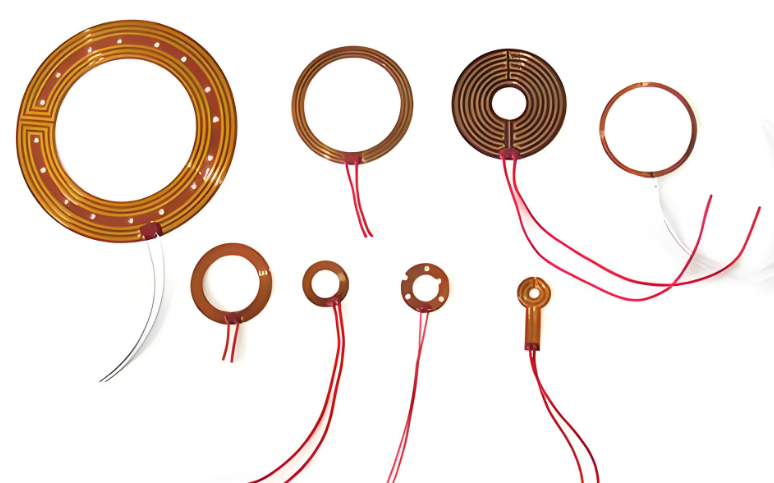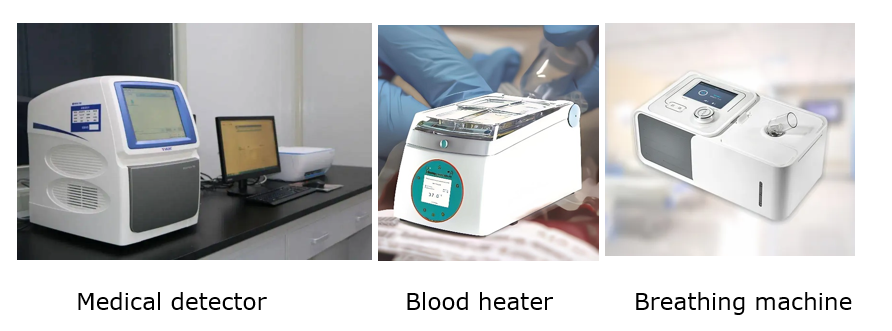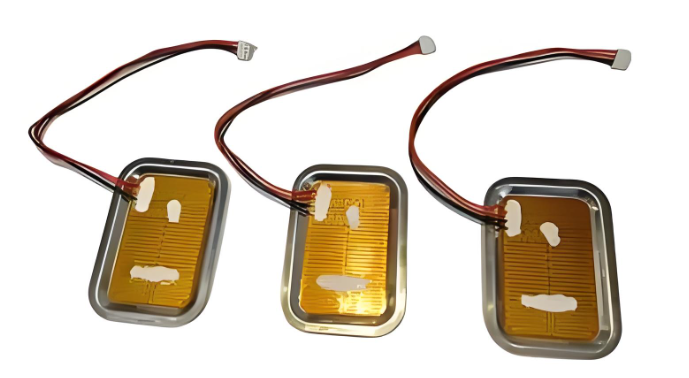Flexible heater for medical equipment is more than just a heating element—it is a vital component that helps healthcare devices run with consistency and precision. In modern medicine, accuracy in diagnostics, patient safety, and stable device performance are critical. A small fluctuation in temperature can influence test results, patient comfort, or even the reliability of life-saving devices. This is where flexible heaters come into play.
These heaters are lightweight, adaptable, and engineered to deliver uniform heat in compact or irregular spaces. With advances in materials such as polyimide film and silicone rubber, they are widely used in diagnostic tools, monitoring equipment, and patient-care systems.

A flexible heater is a thin, bendable heating element designed to fit into small or unusual spaces within medical equipment. Unlike traditional rigid heaters, flexible heaters are made from high-performance materials that combine electrical heating circuits with insulation layers.
In the medical sector, the two most common types are:
They can be integrated directly onto curved or irregular surfaces without adding bulk. This is very important in compact medical instruments where space is limited.
Medical devices often require strict temperature regulation. Blood samples must stay at precise temperatures. Dialysis machines rely on warm fluids for patient comfort. Imaging systems need stable conditions to prevent condensation. Flexible heaters are designed to address all these demands.
Key reasons for their use include:
Without these heaters, many medical devices would struggle to deliver consistent results.

Different medical devices require different heating solutions. Here are the most widely applied types:
These heaters are thin, lightweight, and chemically resistant. Their low outgassing properties make them suitable for cleanroom environments. They are often used in diagnostic devices and laboratory instruments where precision is essential.
These heaters combine durability with flexibility. They resist moisture and can withstand repeated sterilization. Silicone heaters are commonly applied in dialysis systems, patient warmers, and respiratory equipment.
Made with etched metal foil elements, these heaters provide fast response and uniform heating. Their ability to deliver precise thermal control makes them suitable for analyzers and imaging devices.
Each type serves different functions, but all share the same goal—maintaining stable thermal performance in critical equipment.
| Specification Parameter | Description / Range | Notes / Typical Application |
| Material | Polyimide, Silicone Rubber, Etched Foil | Polyimide for precision devices, silicone for moisture resistance |
| Operating Temperature | -40°C to 200°C (depending on material) | Polyimide up to ~200°C, silicone ~180°C |
| Watt Density | 5 – 50 W/in² | Adjustable for uniform heating or high-intensity zones |
| Voltage | 12V, 24V, 48V, 110V, 220V | Custom voltages available per device requirements |
| Thickness | 0.05 – 1.5 mm | Thin heaters for compact instruments, thicker for durability |
| Flexibility / Bend Radius | Can bend to <1 cm radius depending on design | Critical for curved or irregular surfaces |
| Adhesive / Mounting | Pressure-sensitive adhesive, silicone adhesive, mechanical fixation | Ensures secure installation on curved surfaces |
| Temperature Control | Thermistor, RTD, or thermocouple integration | Allows real-time temperature monitoring and feedback |
| Moisture / Chemical Resistance | IP65–IP67 (with protective coating) | Protects against fluids, cleaning agents, and sterilization processes |
| Certification | ISO13485, IEC 60601, UL recognized materials | Meets medical device safety standards |
| Custom Shape & Size | Any shape or size to match device design | Supports compact, curved, or multi-zone heating designs |
| Response Time | 5–60 seconds (depending on watt density and thickness) | Rapid heating for quick device readiness |
| Durability / Cycle Life | >100,000 heating cycles | Ensures reliable operation over device lifespan |
The use of flexible heaters in the medical field is extensive. Some notable applications include:
Each application underscores the importance of precise temperature regulation in healthcare technology.
Not all flexible heaters are created equal. Selecting the right one requires careful consideration of several factors:
Choosing a heater without considering these aspects could risk performance or patient safety.

Every medical device has unique thermal requirements. Off-the-shelf solutions are rarely sufficient. That’s why customization is so important.
Flexible heaters can be tailored in several ways:
At Danyu electronics, we understand the importance of precision and safety in medical devices. Our flexible heaters are designed with advanced materials, including polyimide film, silicone rubber, and etched foil, tailored to meet the exact needs of healthcare equipment.
We are certified under ISO13485 for medical applications, ensuring strict quality management. With our MES system, we provide complete traceability for every component, from raw materials to final inspection.
By choosing Danyu electronics, you benefit from:
Our goal is to help medical manufacturers deliver safer, more reliable equipment to patients worldwide.
1. What is the role of a flexible heater in medical devices?
Flexible heaters regulate temperature, prevent condensation, and support consistent performance in sensitive medical equipment.
2. Are flexible heaters safe for patient-contact devices?
Yes, when designed with biocompatible materials and certified under medical standards, they are safe for direct or indirect patient use.
3. Can flexible heaters withstand sterilization?
High-quality flexible heaters, especially silicone-based ones, are designed to tolerate repeated sterilization cycles.
4. What materials are best for medical flexible heaters?
Polyimide and silicone are most common, chosen for their durability, chemical resistance, and stability under heat.
5. How to order custom flexible heaters for healthcare applications?
Contact a specialized manufacturer like Danyu electronics, provide device specifications, and request tailored designs to meet your requirements.
Simply drop your email or phone number in the contact form, and we'll promptly reply you shortly.